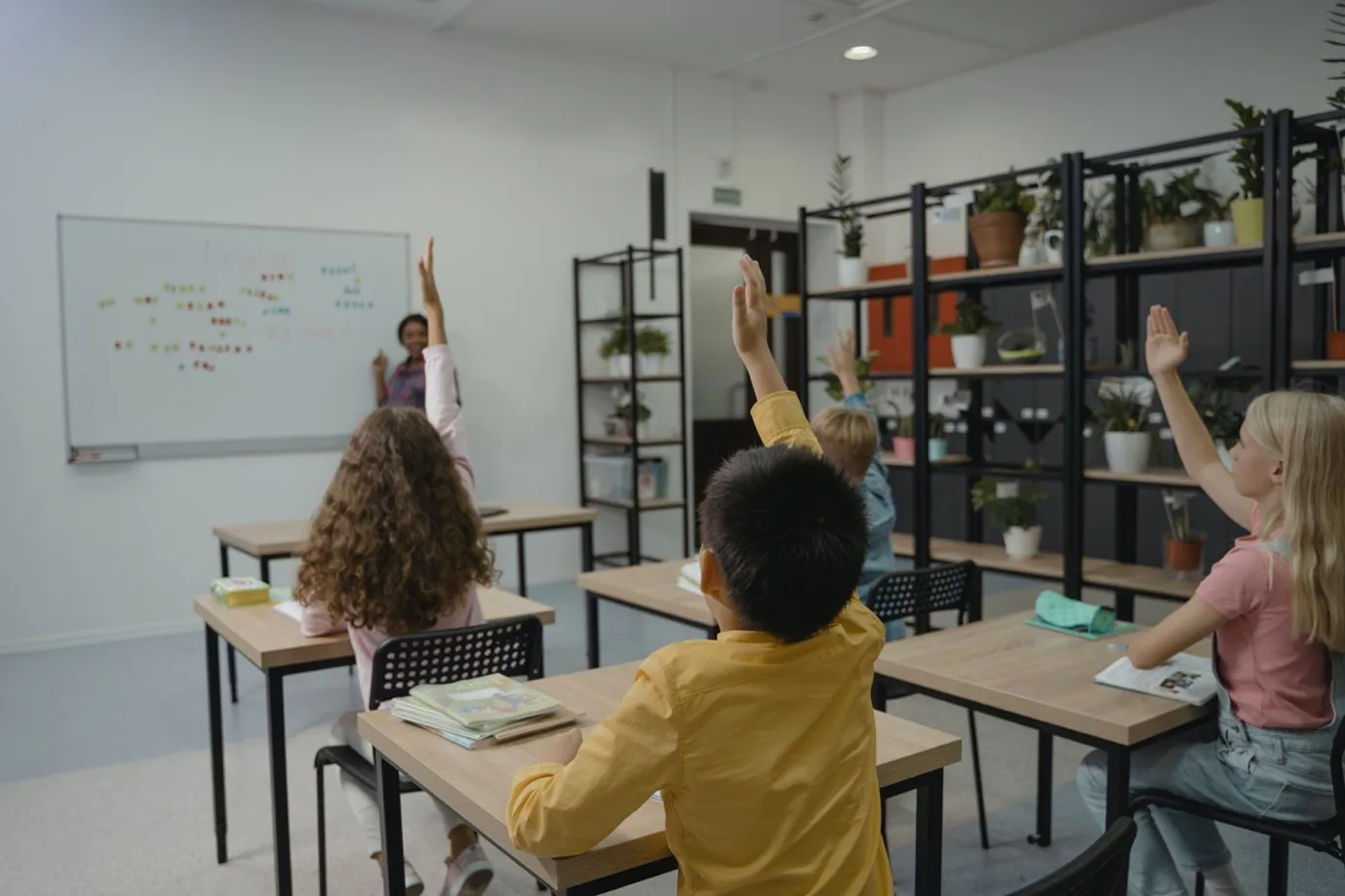Section A
This part includes the views, aspirations and interests of the child or young person and their parents. This section can’t be appealed but we can often agree changes with the Local Authority to this section because it should reflect your views.
Section B
Describes your child’s Special Educational Needs (SEN). This section can be appealed if you feel the Local Authority haven’t covered your child’s needs appropriately and fully. The biggest issue we often see with Section B is that they can become outdated.
Section C
Is for your child’s health care needs, which might relate to their SEN. You can ask the Tribunal to make recommendations for this section. Although their recommendations are not legally binding in the same way as they are for other sections, there is a strong presumption that a LA will comply such recommendations. If they do not then they must provide cogent reasons to both you and the Secretary of State.
Section D
Details your child’s social care needs, which can relate to their SEN or to any disabilities they may have. You can ask the Tribunal to make recommendations for this section. Although their recommendations are not legally binding in the same way as they are for other sections, there is a strong presumption that a LA will comply such recommendations. If they do not then they must provide cogent reasons to both you and the Secretary of State. Simpson Millar brought the first judicial review challenge which helped define the duties around departing from the Tribunal’s recommendations. BT & Anor, R (On the Application Of) v London Borough of Barnet [2019] EWHC 3404 (Admin) (12 December 2019) (bailii.org)
Section E
This section records what the outcome should be for your child. This is based on what’s described in sections B-D. The outcomes should be detailed and include timescales.
The SEN Code of Practice states that they should be SMART outcomes - specific, measurable, achievable, realistic and time bound (SMART). And that they should also be personal rather than generic.
The outcomes of this section cannot be appealed, however the Tribunal can make ‘consequential changes’ as part of an appeal if they think it is necessary to. A typical example of this is if they make an Order to change the provision in section F which then necessitates a different or additional outcome in this section.
Section F
This is really important as it describes the special educational provision that your child needs to meet their SEN. It should detail what kind of provision they’ll need, as well as who will deliver it, and for how long.
From years of experience, our SEN Solicitors have found that this section is often the subject of most appeals, because it is often poorly written and means that children are not receiving the provision they need. Tribunal do have the power to make legally binding orders as to the content in this section.
Section G
Describes any health care provision your child might need if they have learning difficulties or disabilities that affect their SEN. The Tribunal can make recommendations as to the content of this section in a similar way to sections C and D (see above).
Section H
Outlines any social care provision needed from social care services to help your child with their learning difficulties and/or SEND. The Tribunal can make recommendations as to the content of this section in a similar way to sections C and D (see above).
Section I
This section names the institution (school) that your child should go to, based on their SEND. Or at the very least, it should state what type of institution if one is not named specifically.
This is another section that our Education team often see as the subject of many appeals. The Local Authority will name a school they think meets your child’s needs, but this isn’t always agreed by parents. If the school named in Section I is not suitable or able to meet your child’s needs, then you can appeal. Furthermore, if the section fails to name a school then you can also appeal and seek that a specific school is named.
Section J
Is for any personal budgets around how provision will be paid for. This can be direct payments or arranged by the Local Authority and can’t be appealed to the SEND Tribunal. It is however important that any budget is sufficient to meet the needs specified. If it is not then you should seek advice on challenging the budget. It may be challengeable by way of judicial review.
Section K
This will just include a list of any advice or information given at the EHC needs assessment, as well as any other sources of information which has fed into the EHCP. You can’t appeal this section.
According to the SEND Code of Practice, EHC plans should:
- Involve open decision-making with parents, children, and young people.
- Describe the child or young person's abilities.
- Be clear, concise, easy to understand, and accessible.
- Consider how to achieve the child or young person's desired outcomes, based on evidence from the EHC needs assessment.
- Specify clear outcomes.
- Explore alternative support options if requested by parents or young people, such as a Personal Budget.
- Demonstrate how education, health, and care services will work together.
- Look ahead, preparing for important transition points in a child or young person's life.
- Explain how informal support, in addition to formal support from government agencies, can contribute to achieving agreed outcomes.
- Include a review date.
The complete list of principles and requirements can be found in section 9.61 of the SEND Code of Practice.

Common Issues with EHCPs
Every case is different, but some of the common issues that we see with EHCPs are:
- They aren’t received on time, e.g. in time for the Phase Transfer Deadline
- They aren’t specific enough – for example if the EHCP says that you child “should have access to a teaching assistant in the school week” this is too vague, as it doesn’t state how much time they will need or whether it will be 1:1, small groups or just having one in the class generally. A Local Authority may try and push provision onto health and social care services, when it really needs to be provided from an education standpoint
- The provision in an EHCP isn’t provided
These are just a few of the issues we see, but we understand that every child is different and so should be every Education, Health and Care Plan.
If you have questions about what any section of your child’s EHCP means, our Education Lawyers can give you expert legal advice.
We have helped many parents make appeals to the SEND Tribunal and obtained improvements to their child’s EHCP.
To find out more about making an appeal, see How to Appeal to the SEND Tribunal. Our Education Lawyers are experts at reviewing EHCPs and lodging appeals with the SEND Tribunal. We can represent you at the hearing or just give you legal advice where you need it. We can also take complete charge of the appeal if you so wish.




